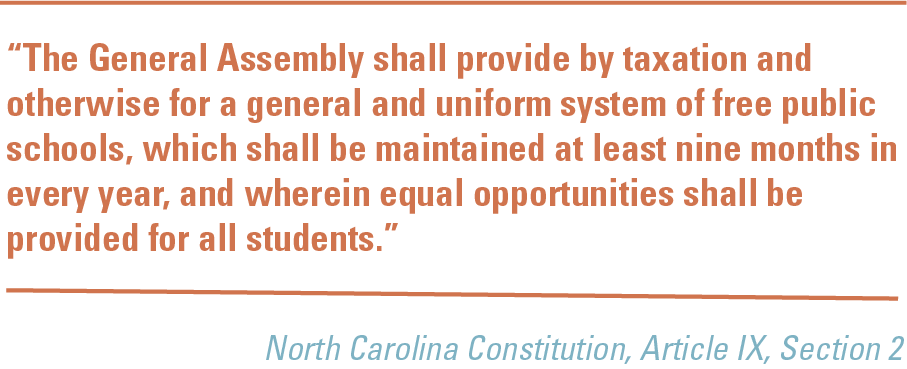
BEST NC’s members believe North Carolina has a moral, economic, and constitutional imperative to ensure each student has access to a sound, basic education. As business leaders, we recognize that the current education systems - for educators, finance, and accountability - are outdated and underperforming in terms of meeting student, educator, and community needs. Ensuring equitable access to a sound, basic education requires a systems’ change approach that will transform how students and educators are supported for student success; not just doing more of the same or remediating a fundamentally inadequate system.

What is a Sound, Basic Education?
The North Carolina courts coined the phrase “sound, basic education” as part of the landmark Leandro case, which began in 1994. This case affirmed that the North Carolina constitution grants each student the right to access to a sound, basic education, defined as providing a competent, certified, well-trained teacher in every classroom; a competent, well-trained principal in every school; and the resources necessary to support effective instructional programs to meet the educational needs of all children.
How We Got Here: Understanding the Industrial Era Model of Education
Overall, our current education system fails to meet the needs of students, educators, and our 21st century economy. In fact, the structure of the current education system was designed in the 1800s, reflecting the norms of the Industrial Revolution. Even though our economy and the needs of our students have shifted tremendously since then, the fundamental way we design our classrooms and the way we treat our education professionals has evolved very little.
These systemic flaws include the fact that principals have far too many direct reports, an unreasonable set of responsibilities, and little to no access to their budgets. It is just as bad for teachers, where beginning teachers are often given the hardest classrooms in the buildings and effective teachers are forced to leave the classroom if they want to extend their professional reach. Students also suffer under a teacher sorting system that deprives them of equitable access to educators, with high poverty schools having fewer effective teachers than more affluent schools. This would be unacceptable in any other modern, human-centered organization... and it is entirely fixable!
In this video, BEST NC highlights these and other fundamental flaws in our educator support systems, while also identifying several ways we can transform these systems to better support educators, so educators can do what they love to do – support student success.


As business leaders, our members understand that the most important thing we can do to improve our education system is to recruit, prepare, support, and retain great talent for our schools. We also recognize that the outdated education system is not adequate to meet students’ and educators’ fundamental needs.
Since 2015, BEST NC has engaged alongside key education stakeholders to design and implement new policies, programs, and initiatives that will address the systemic barriers facing North Carolina's education system, specifically the educator pipeline. BEST NC’s strategic and actionable effort to support systemic improvements is called the Educator Innovation Plan, and it has three main components:
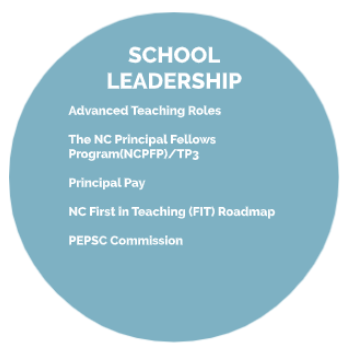
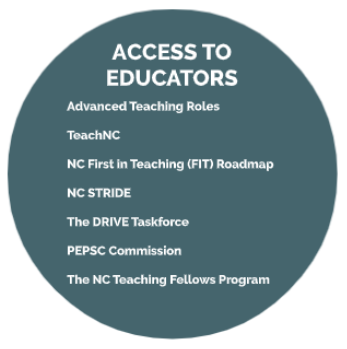
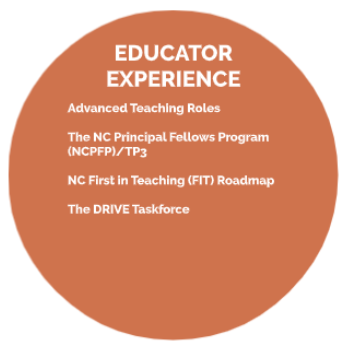
Advanced Teaching Roles
The Advanced Teaching Roles program encourages school districts to design and implement new organizational models that empower and pay effective teachers to extend their reach to more students and/or take on leadership roles to provide professional support to developing teachers. These models help retain our best teachers in the classroom through advanced professional pathways, provide ongoing support for developing teachers, and distributes leadership responsibilities across the school building – allowing principals to focus on other critical leadership functions.
To learn more, visit our landing page.
Principal Fellows/TP3
The Principal Fellows/TP3 program reimagines the pathway to school leadership, creating a rigorous recruitment and vetting strategy, while removing financial barriers for strong leadership candidates. It is structured as a competitive grant program that supports rigorous, high-quality, school-based preparation for aspiring school leaders. Grant recipients, typically Institutes of Higher Education (IHEs), partner with local school districts to ensure the recruitment and selection of the highest quality principal candidates in our system, then utilize a cohort and residency model to provide the best possible preparation opportunity.
To learn more, visit our landing page or the NC Principal Fellows website.
Principal Pay
In 2016, NC principals had amongst the lowest pay in the nation and were paid on an outdated model. Beginning in 2017, North Carolina began to significantly transform the way principals are compensating – including an investment of more than $55 million over four years, moving our ranking from last to #3 in the Southeast. North Carolina’s new nation-leading salary schedule pays principals based on the size of their school and on their success with students – rather than on input measures that are typically not correlated with leadership quality. Exceptional principals are also incentivized to move to low-performing schools. We strive to improve this approach even further by adding multiple measures of school/job complexity and student outcomes.
To learn more, visit our landing page.
TeachNC
TeachNC launched in 2019 to elevate the image of the teaching profession and increase the quantity, quality, and diversity of candidates entering the teacher pipeline in North Carolina. In service of this mission, TeachNC includes a full suite of strategic recruitment activities in partnership with BEST NC, NCDPI, 54 Educator Preparation Programs (EPPs), and 115+ K-12 School Districts (LEAs) and charter schools. We strive to create a trusted, safe, and user-friendly one-stop resource for anyone considering a career in teaching in North Carolina, including a robust ad campaign, comprehensive website, and 1-on-1 supports for teacher candidates.
To learn more, visit our landing page or TeachNC’s website.
FIT Roadmap
In 2018, a diverse group of current and former educators from across North Carolina came together, sharing their stories, experiences, and ideas with the goal of elevating their profession. The culmination of their work, thus far, is the NC First in Teaching (FIT) Roadmap. This ten-part plan highlights practical, actionable innovations to improve the teaching experience and allow educators to better serve their students. TeachNC, for example, was a direct result of this effort and item #8 – Rigorous Recruitment & Preparation.
To learn more, visit our FIT Roadmap landing page.
NC STRIDE
Much like the FIT Leaders work that led to the FIT Roadmap, BEST NC has convened NC STRIDE, a 100+ member working group of educators, recruiters, educator preparation programs, policymakers and more. The working group explored the teacher recruitment landscape across the state with the goal of developing a North Carolina Teacher Recruitment Action Plan. This NC STRIDE Action Plan includes dozens of specific, actionable strategies to dramatically improve the recruitment of teachers.
To learn more, visit our NC STRIDE or 2020 North Carolina Education Innovation Lab landing pages.
BEST NC also collaborates on several other initiatives, policies, and programs that are aligned with the Educator Innovation Plan, including:
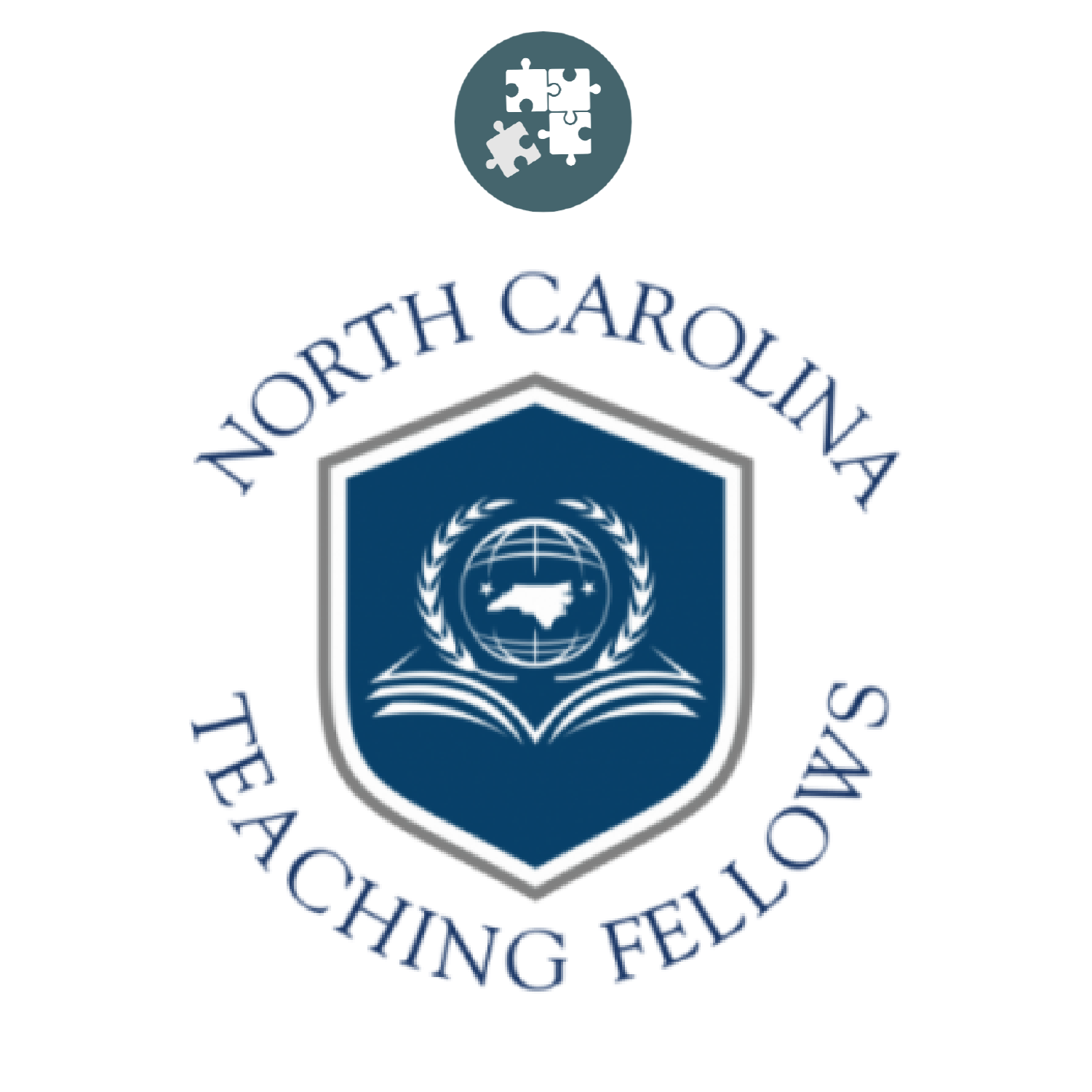
The New NC Teaching Fellows Program:
The New NC Teaching Fellows program provides forgivable loan scholarships for teacher candidates who commit to teaching in North Carolina public schools following the completion of a high-quality teacher preparation program. The NC Teaching Fellows forgivable loans are for candidates who plan to teach in hard-to-staff subject areas of STEM and Special Education. They are also forgiven in half the time if candidates choose to teach in low-performing schools.

The DRIVE Taskforce:
The Governor’s DRIVE Taskforce has developed a set of recommendations focused on increasing racial/ethnic diversity in North Carolina’s educator pipeline. These recommendations span the continuum from recruitment to preparation to professional development and support in schools. DRIVE and NC STRIDE intersect and align in their efforts to increase educator diversity through recruitment.
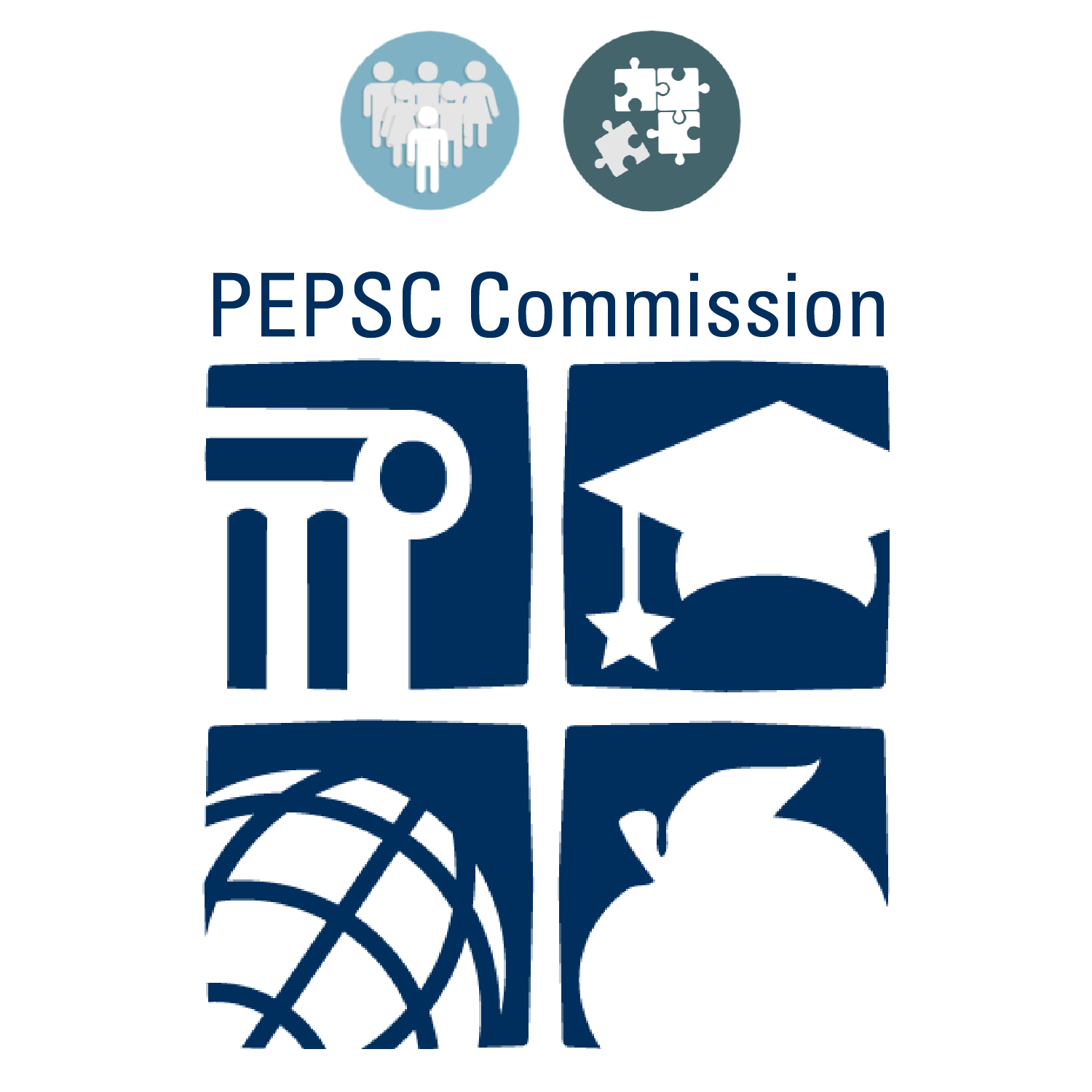
Principal Standards Subcommittee of the PEPSC Commission:
The Principal Standards Subcommittee of the Professional Educator Preparation and Standards Commission has endeavored to modify the existing NC Standards for School Executives to better reflect the newly released, national Professional Standards for Educational Leaders and to add a focus on educational equity.



